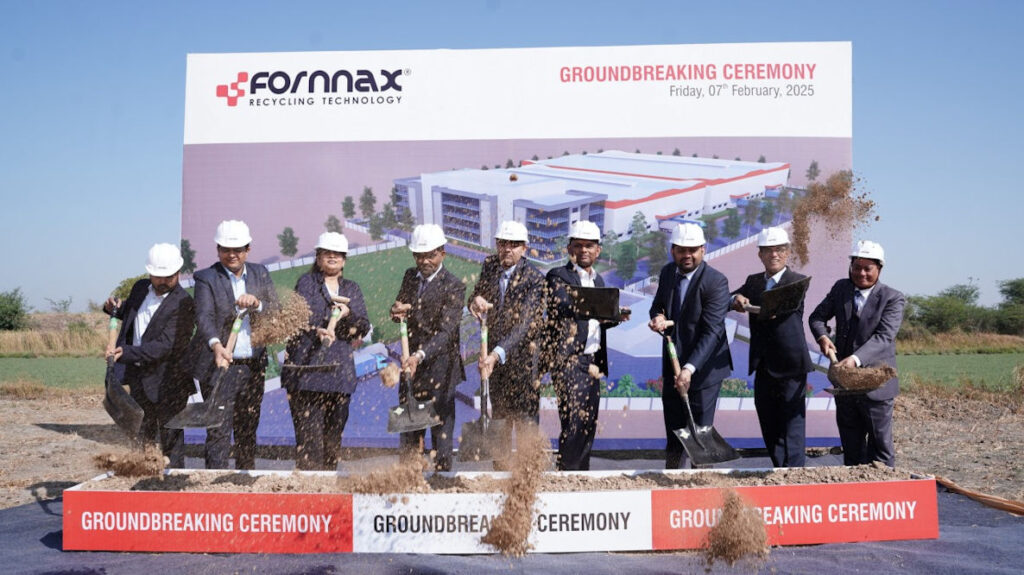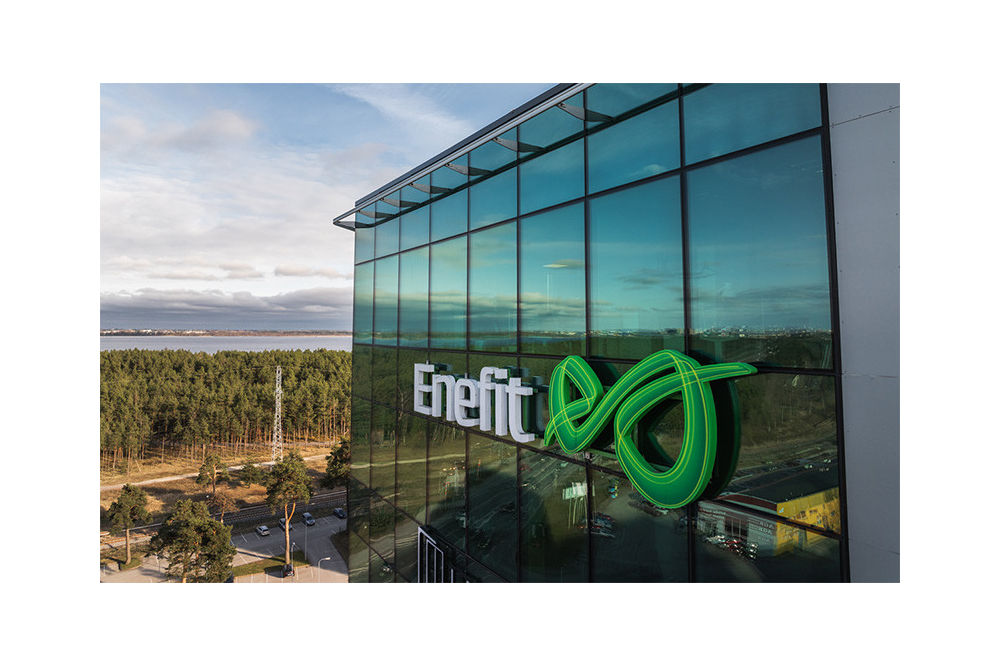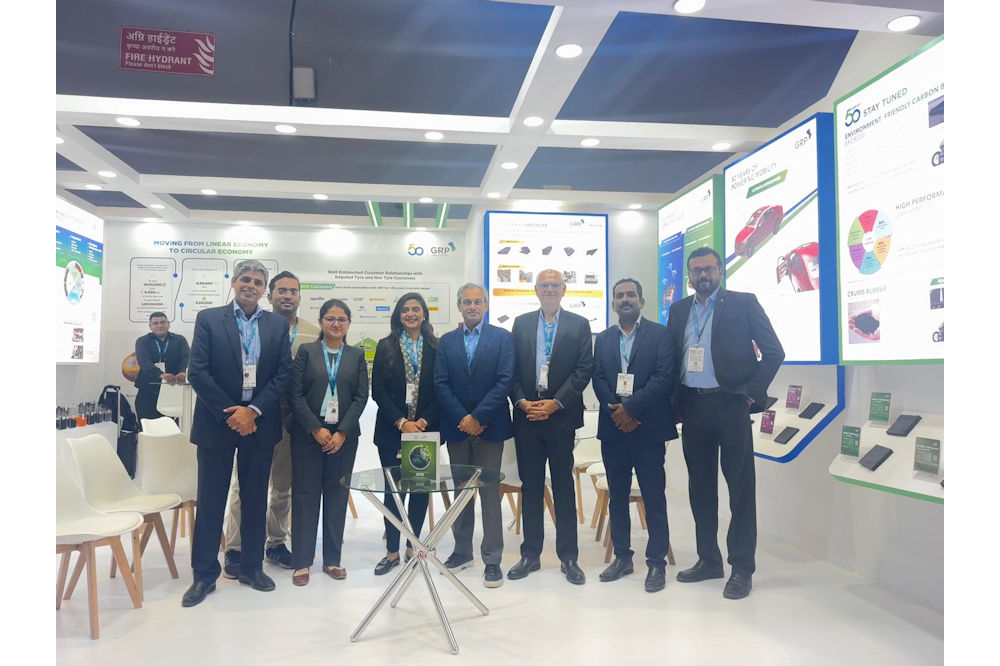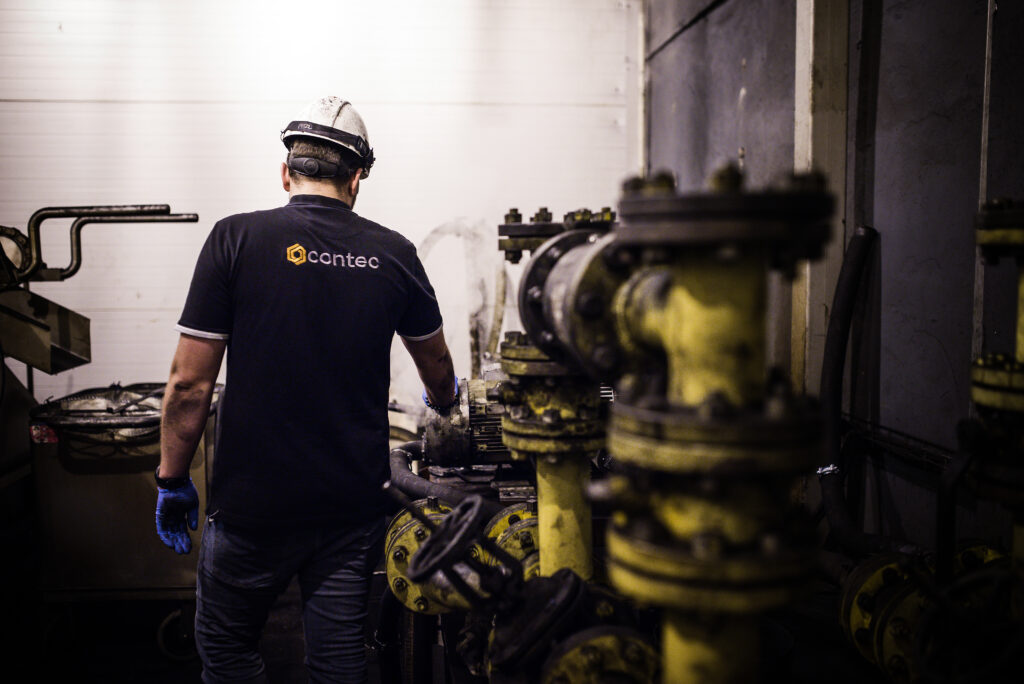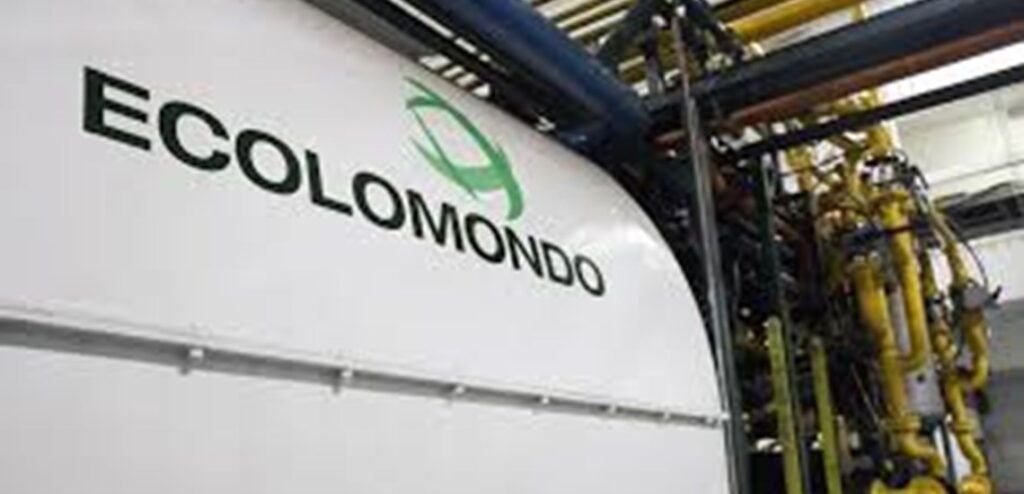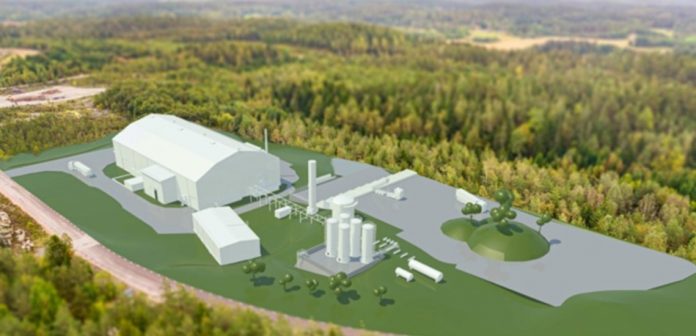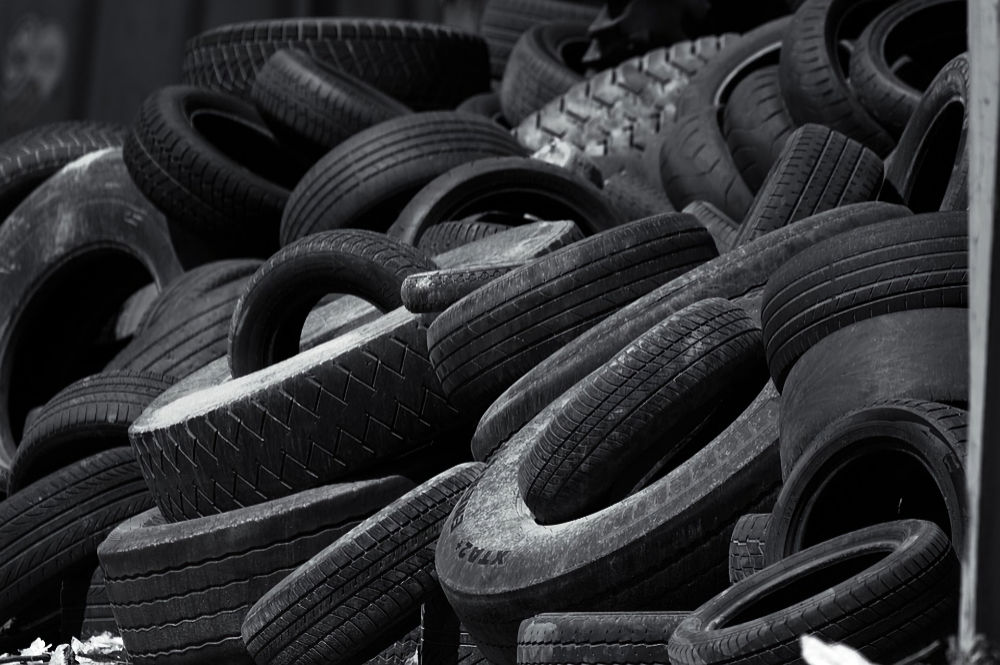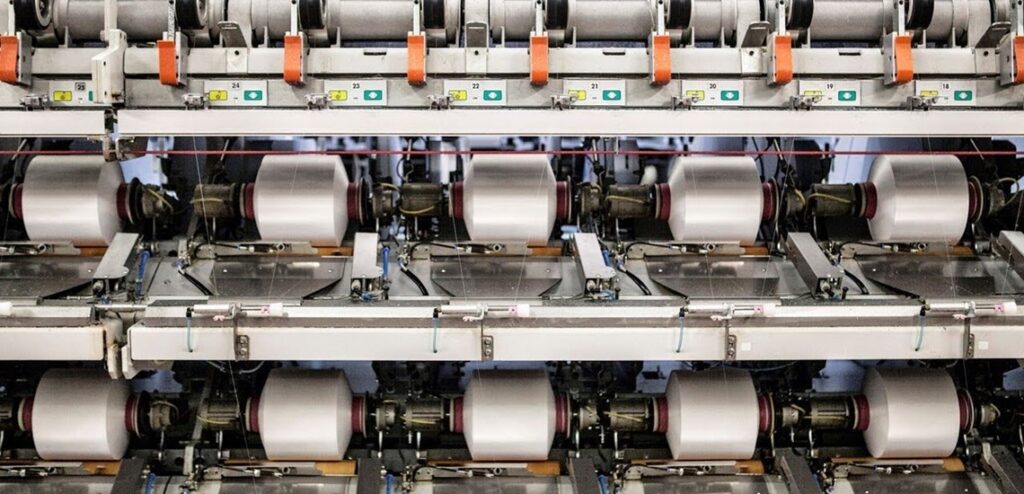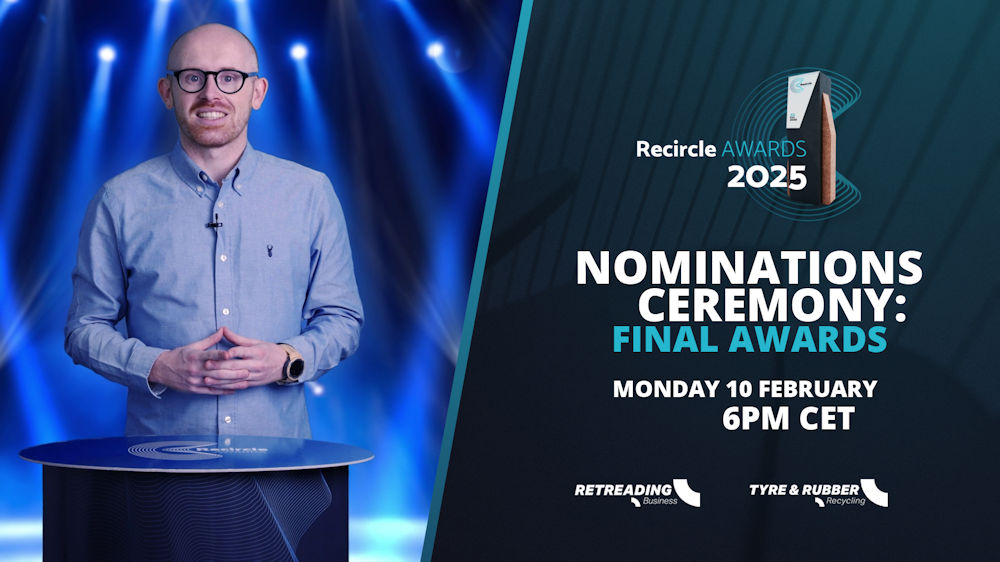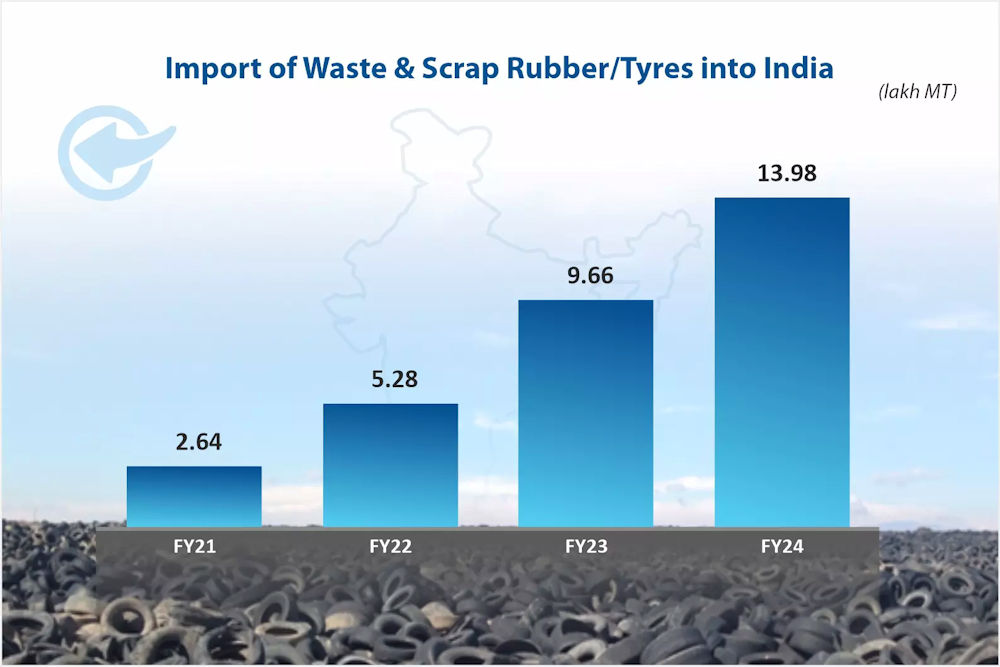FORNNAX Technology, one of India’s leading manufacturers of high-capacity and heavy-duty recycling equipment such as shredders and granulators, has reached a significant milestone in its expansion with the Ground-Breaking (Bhoomi Pujan) ceremony for its 23 acres of manufacturing site in Gujarat, India
This expansion is a key part of the company’s strategic vision to strengthen its presence both in India and globally, aiming to become the number one player in the competitive recycling market. The new unit is set to be one of the largest in the world, with plans to manufacture approximately 250 machinery units per year by 2030.
The foundation stone for this ambitious project was laid by Mr. Jignesh Kundaria, CEO and Director and Mr. Kaushik Kundaria, Director of FORNNAX, in the presence of key leadership team members and company staff from various departments. This landmark event marks the commencement of an exciting new chapter for FORNNAX as it endeavours to meet the increasing global demand for robust and reliable recycling equipment.
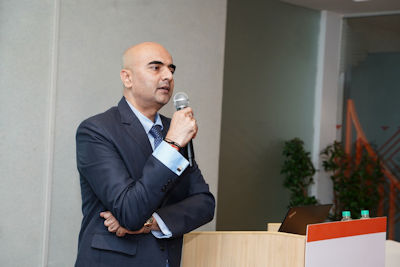
Commenting on the addition of this biggest manufacturing facility, Kundaria, said, “The ceremony today marks a historic step for global recycling sector. We are excited to bring our high-quality and innovative equipment to cater various waste categories like Tyre, Municipal Solid Waste (MSW), Cables, E-Waste, Aluminium, Ferrous metals and more. This manufacturing unit will not only strengthen our global presence but will also contribute significantly to the India’s Net Zero emissions target by 2070 and drive economic growth. We are confident that our advanced manufacturing of high-capacity and heavy-duty machinery and commitment to quality will meet the needs of our global clientele who are looking for an efficient solution for their recycling business.”
Talking about FORNNAX’s future global expansions, Kundaria adds, “This new manufacturing unit enables us to expand our reach in critical markets such as Australia, Europe, and the GCC and more. We are actively working to build stronger sales and service partnerships in these regions, ensuring that our innovative recycling solutions are readily available and supported. By collaborating with our dedicated partners worldwide, we aim to set new standards by producing around 250 machines per year.”
Embarking on this exciting new chapter, FORNNAX remains steadfast in its commitment to pioneering innovation and sustainability in the recycling technology industry. Its Production Department is set to scale up significantly, ensuring the seamless manufacturing of high-capacity and heavy-duty machinery to meet global demands. The R&D Department will continue to lead in developing cutting-edge technologies and innovative solutions with a focus on developing new products and services, and improving existing ones to meet evolving market needs. The Design Department is dedicated to creating efficient and user-friendly machinery that meets the diverse needs of the company’s customers. The Quality & Control (Q&C) Department will uphold our commitment to excellence, ensuring that every product meets the highest standards of quality and reliability. Lastly, the After-Sales Service Department will expand its reach to provide comprehensive support and maintenance services, ensuring the longevity and optimal performance of Fornnax equipment.
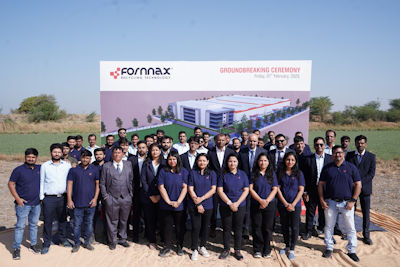
“Together, we will continue to push the boundaries of innovation, setting new standards in the recycling industry and lead the way towards an eco-friendly future, driving economic growth with increased employment opportunities and ultimately, creating a green future for our future generations,” says Kundaria.
As Kundaria aptly puts it, Our mission is to create a green future by utilizing groundbreaking innovation, crafting customised recycling system solutions that provide unparalleled value to our customers, while also spreading awareness about their economic and environmental benefits.

